Channels

Rotary
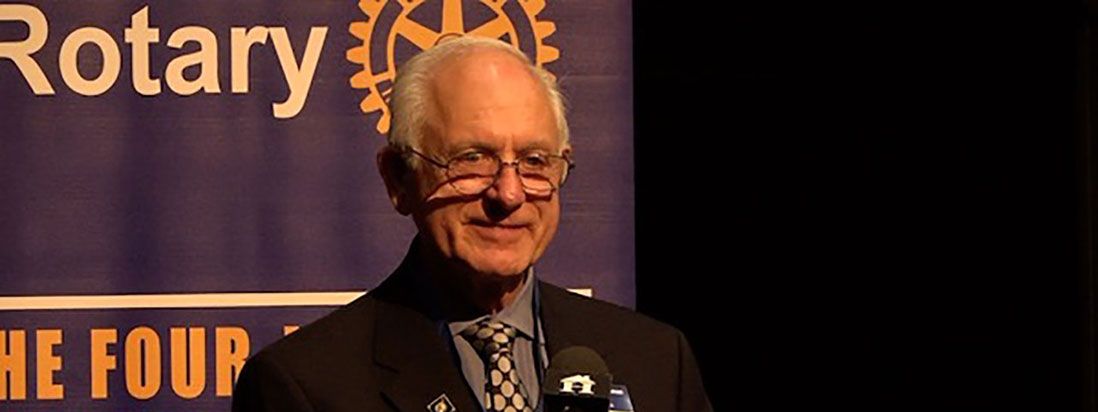
Rotary Conference

Laurel Health Centers

Penn Oak Realty

Movin Together

Bank On It

Dunhams Corner
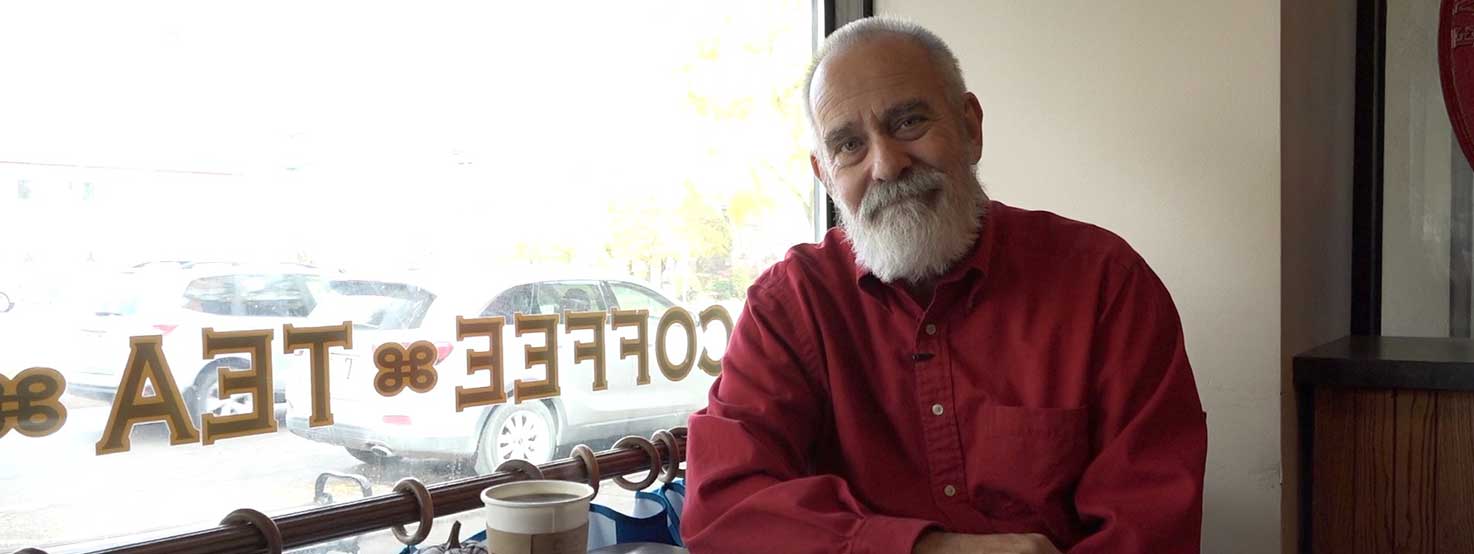
By The Door
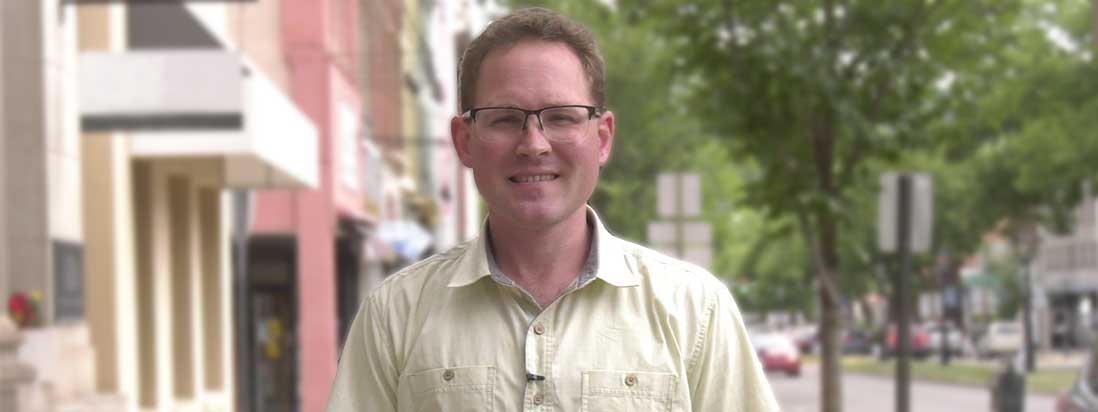
Questioning Life

Karschners Insurance

Ag Happenings

Back to Basics

Hornet Happenings
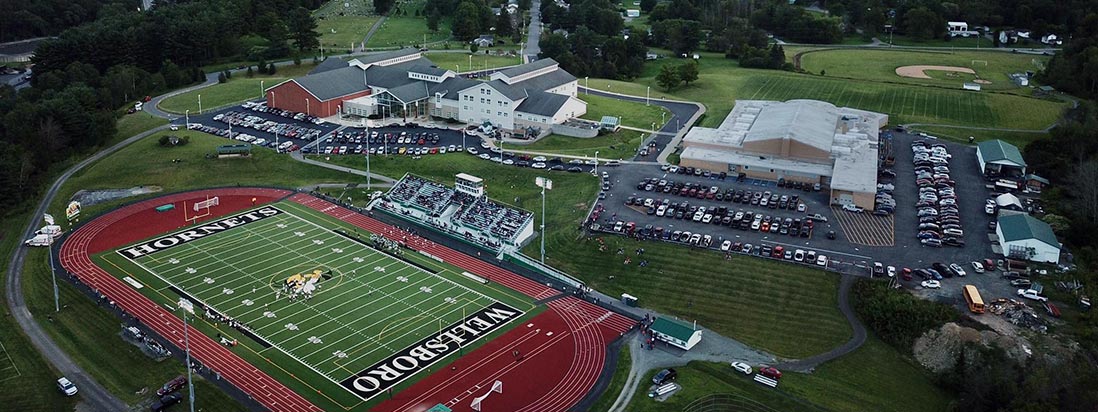
Live From The Hive
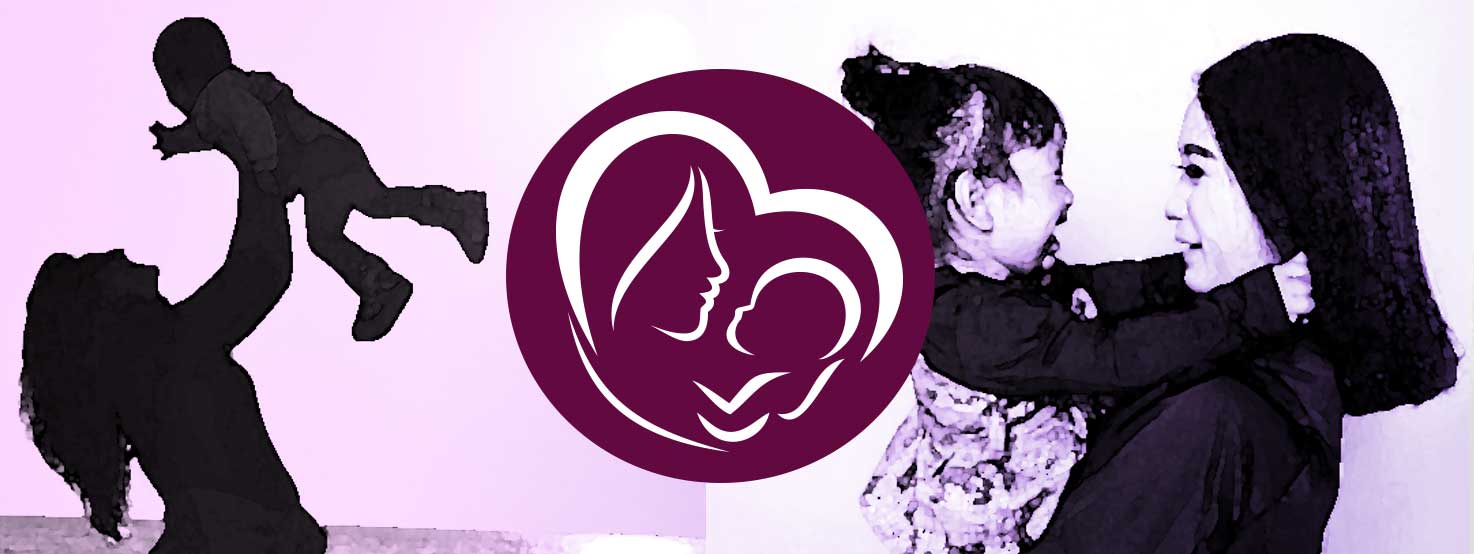
Momday Monday

Pennsylvania Politics

The Briefing

Weekly Highlights
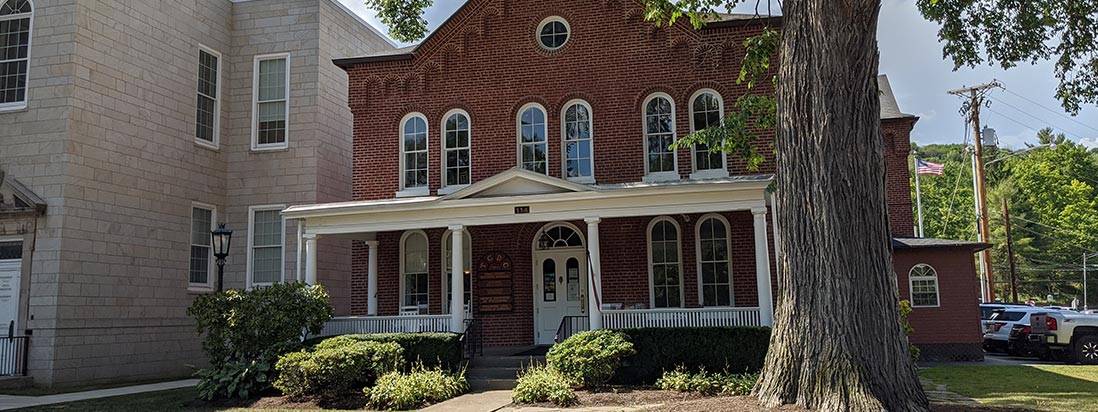
Wellsboro Chamber
Finding New Hope: The Beginning
Welcome to our new monthly feature, “Finding New Hope,” with Teresa Allen.
All humans are wired to be social creatures. As with all aspects of life, we are all very different and each require a different level of social connection. Today on Finding New Hope, licensed professional counselor Teresa Allen examines the many mental and physical health benefits of relationships, briefly overviews the science involved in individual needs for social connection, and explores a couple approaches to use on how to make the valuable social connections.
For many years neuroscientists and psychologists have studied the benefits of social connections for humans. The research found that social connections reduce; anxiety, depression, aggression, memory loss, improve cognitive abilities, increase concentration, and reduces the risk of dementia. Individuals with strong social connections have a greater level of emotional regulation, empathy, and self esteem. Additionally, individuals that manage strong social connections report feeling sick less often, have a stronger immune system, and have longer life spans.
“We all require different levels of connection and relationship to feel our best,” said Teresa.
The reason behind this is not just a personality type. The brain is the driving force behind that difference. Every individual has their own level of social homeostasis or balance. The terms introvert and extrovert are often used to describe these two differences in the social realm. The interesting part about these differences is that they are founded in the different levels of chemicals that are required to reach homeostasis.
Dopamine is the chemical in the brain that creates cravings and motivation. An introvert simply reaches the level of dopamine that they need to be balanced much sooner than an extrovert. Therefore, an introvert may need less social interaction to be satisfied and chemically balanced. No matter the balance levels that are required, it is important to remember we all need some level of social connection.
Over the course of the last two years we have experienced limitation to our social interactions. These restrictions have caused most people to struggle greatly because social connections can be compared to food cravings and how they affect thoughts and chemicals.
“For example, if we are used to eating every 3 hours and we forget to bring our lunch to work, we release chemicals at that 3 hour mark that increases our drive and motivation to find food because it is anticipated and expected,” said Teresa.
In comparison, for those individuals that were very used to high levels of social interactions, quarantine and social disconnect caused a release of dopamine when the expected interactions were no longer there and increased the drive and motivation to find those interactions. When they were not possible, most people experienced an increase in anxiety, depression, loneliness, and decreased cognitive functions.
Now that we understand the benefits of social connections and the fact that everyone needs to have some level of connection.
Conversations with friends, family, co-workers, or more casual contacts, such as neighbors, can all be great resources of social connection. Additionally, specific actions such as sending an encouraging text or email to someone that you know that is going through a hard time, watching a funny movie with someone that makes you laugh, connecting with your local church, or calling a community organization that would allow you to help other people are all ways to create social connections.
We were all created to be social beings. It is always important to remember how vital social connections are for us each to experience physical and mental wellness. Invest in your own health and someone else’s by taking a minute to reach out to someone and make a connection today.
Credits:
Videography: Ethan Chabala
Video Editing: Ethan Chabala
Writing: Teresa Allen / Edited by Home Page Staff
Produced by Vogt Media
Home Page Sponsors: Blaise Alexander Family Dealerships






































